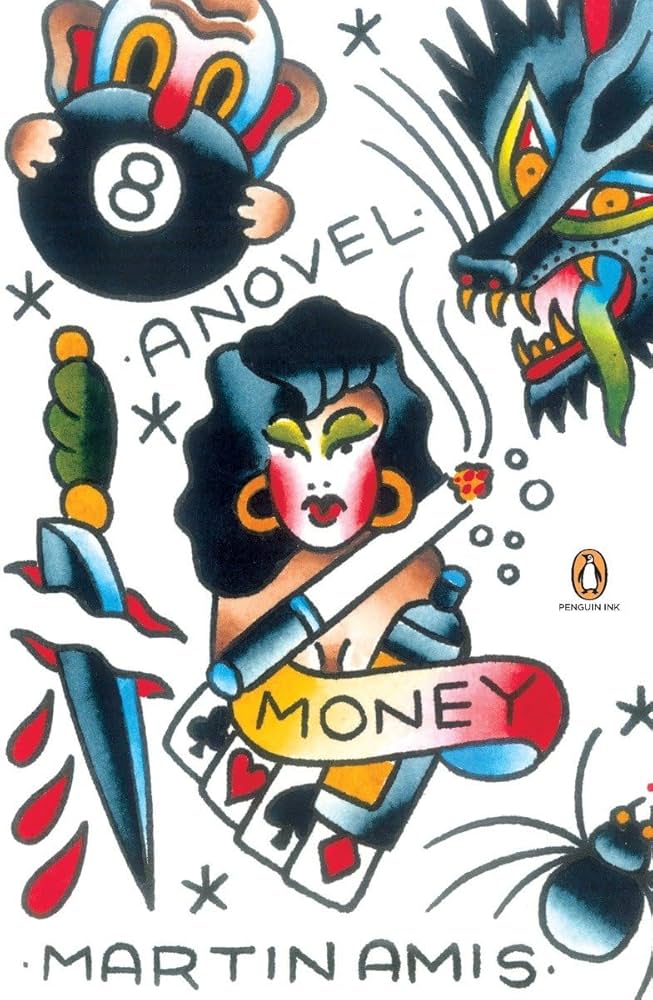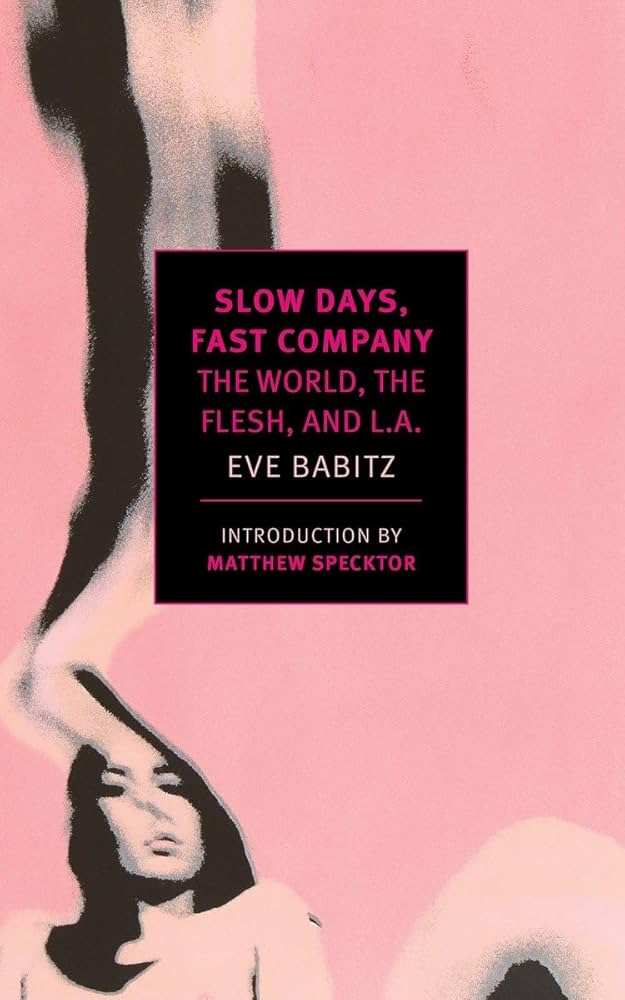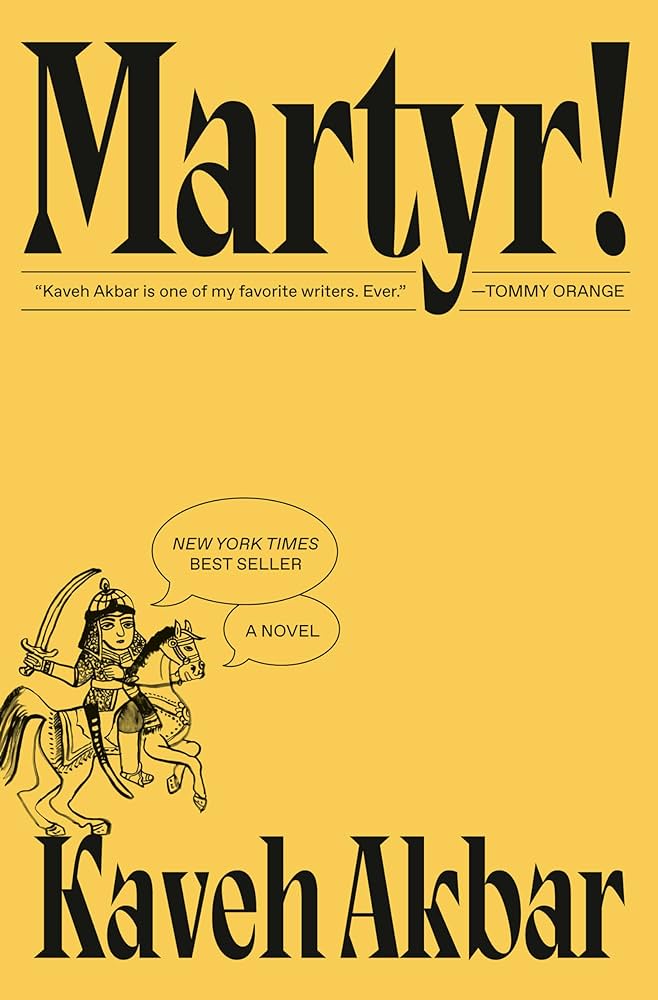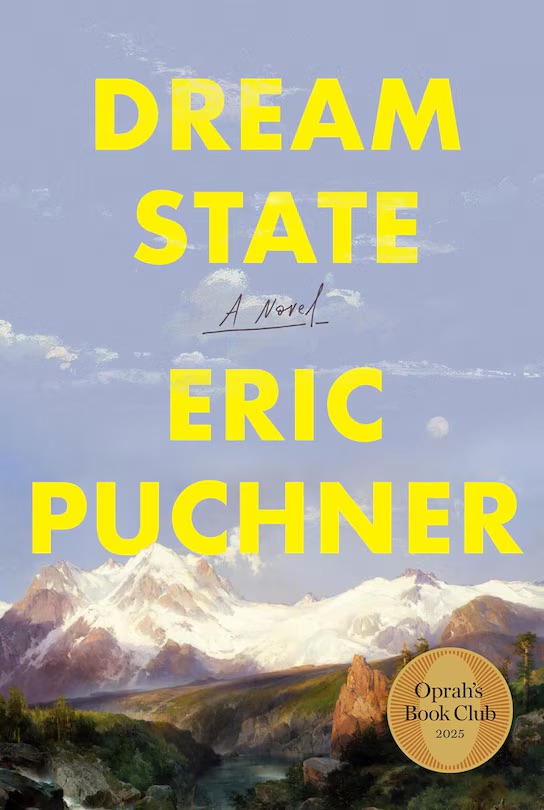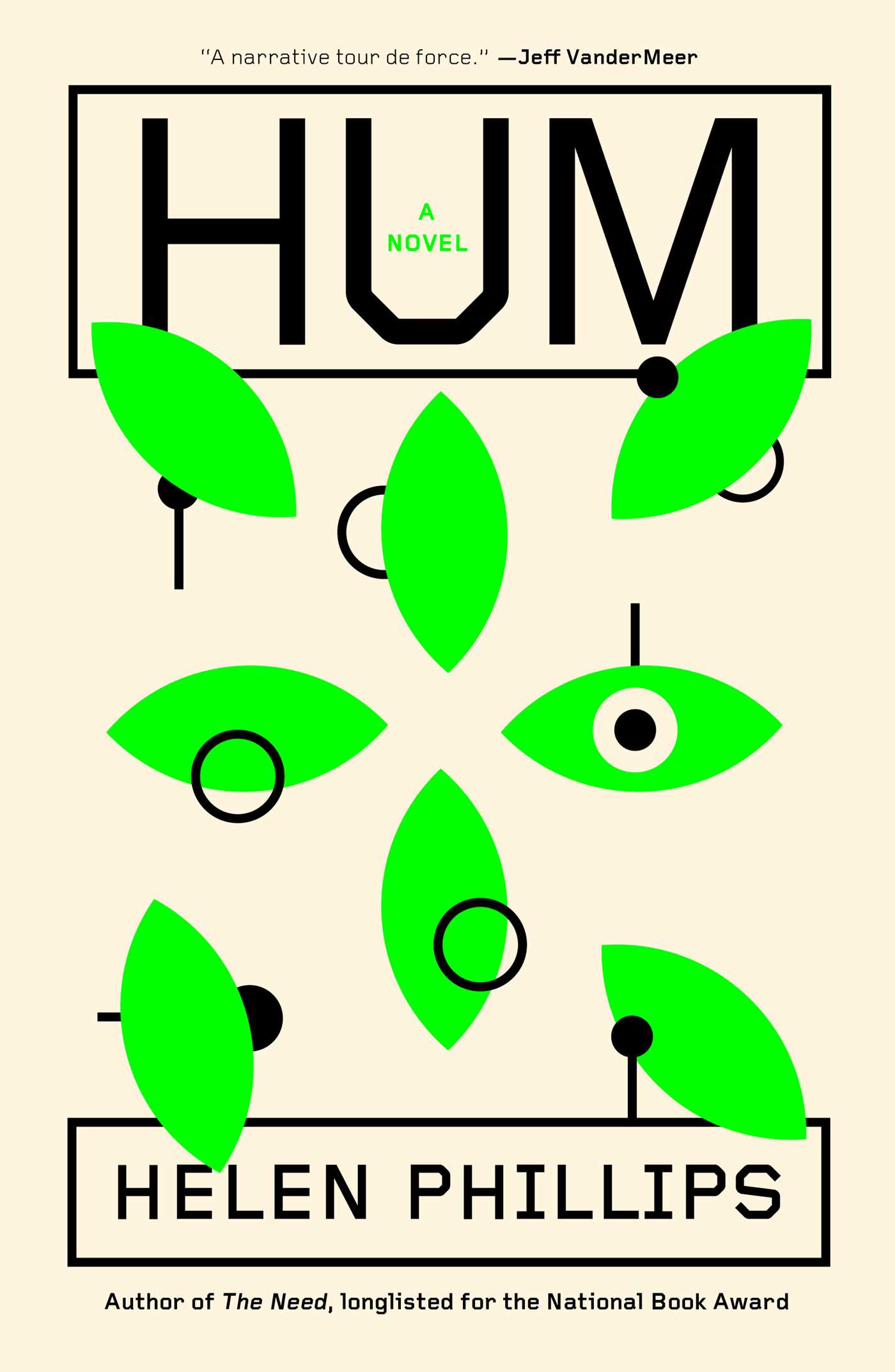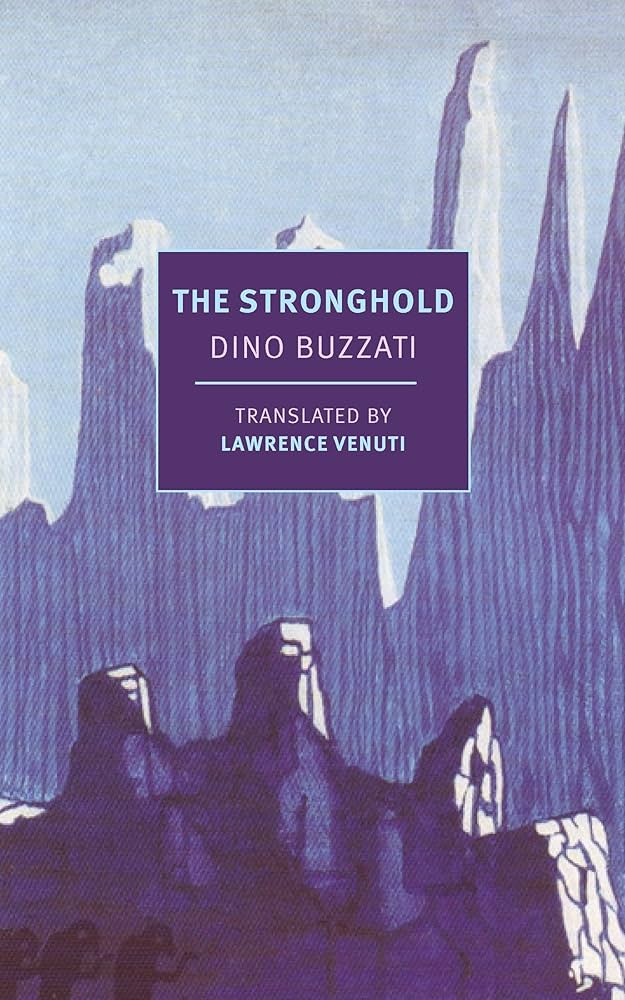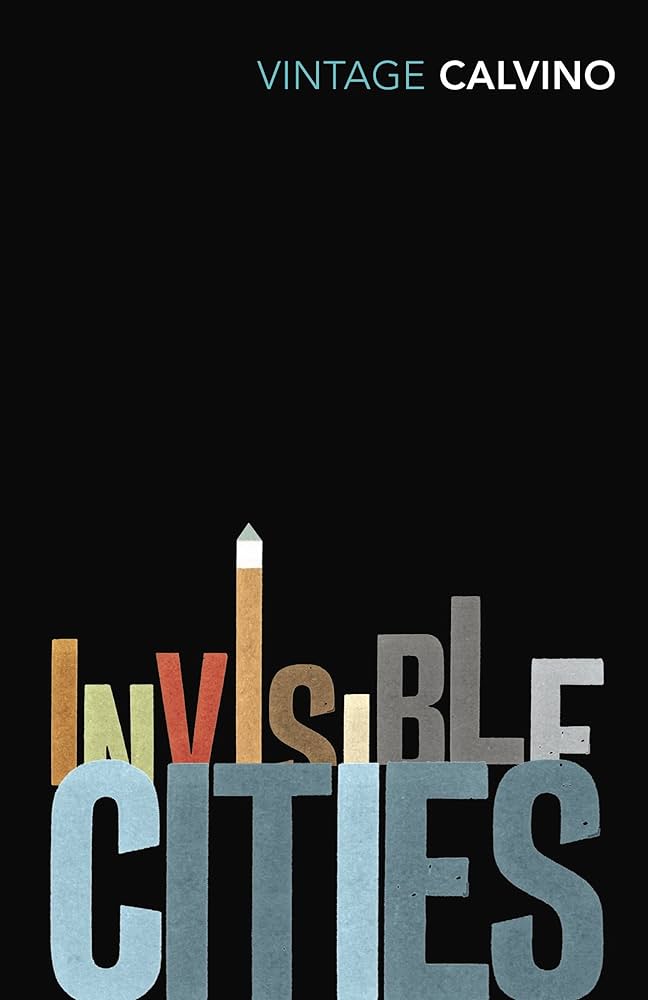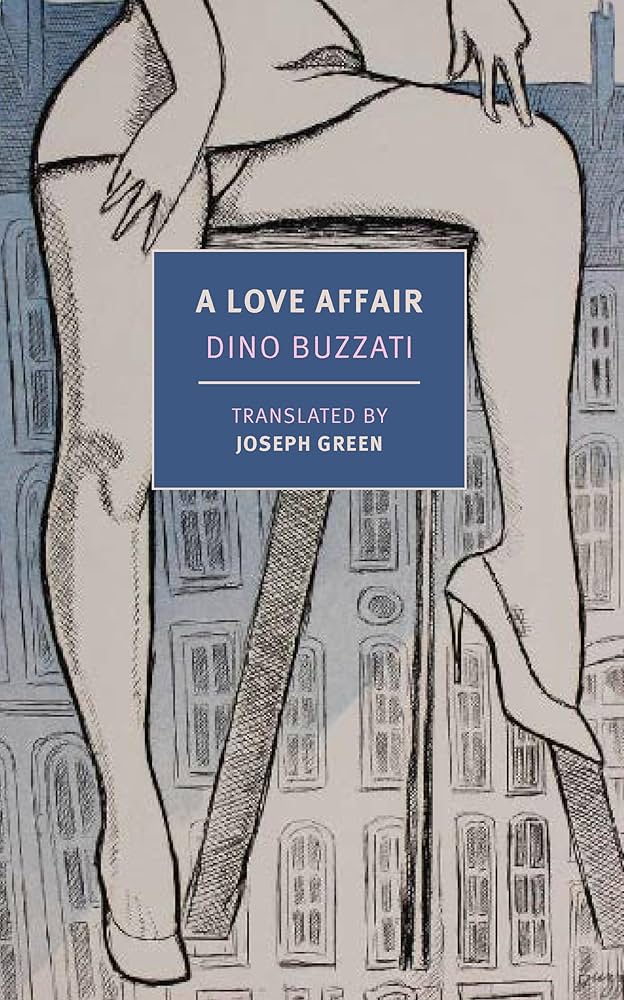While the book is savagely funny and the main character is openly despicable and knows it, it has new relevance in the age of #metoo. While at the time it was a lampoon of the film industry, it could be pitched today as the origin story for Harvey Weinstein.
The main character’s name is John Self, he’s a despicable person and he revels in it. For Self, every day seems to start like the legendary Lucky Jim bit by Amis Sr. (I know it’s a different author, but I’ll take any opportunity to dig this up):
Dixon was alive again. Consciousness was upon him before he could get out of the way; not for him the slow, gracious wandering from the halls of sleep, but a summary, forcible ejection. He lay sprawled, too wicked to move, spewed up like a broken spider-crab on the tarry shingle of morning. The light did him harm, but not as much as looking at things did; he resolved, having done it once, never to move his eyeballs again. A dusty thudding in his head made the scene before him beat like a pulse. His mouth had been used as a latrine by some small creature of the night, and then as its mausoleum. During the night, too, he’d somehow been on a cross-country run and then been expertly beaten up by secret police. He felt bad.
Self proudly talks about using and abusing women, drugs and booze. It’s almost awful, but Amis makes such a caricature out of him that it didn’t feel alienating, though some sections were toeing the line.
Since the opening page of the book (and its alternate title) describes it as a suicide note, it gives Amis a lot of rope to draw this character as a villain. There are so many slow build-ups to disastrous set-pieces that are laugh-out-loud funny. A lesser author would fall into parody or break the spell – but with Self we’re strapped in for jaw-droppingly, unbearably cringe moments of debauchery, knowing, anticipating the humiliation that the character will shrug off in the coming pages, addressing the reader like a co-conspirator.
A little past the midway point of this book, the antihero meets with Martin Amis and Amis wonders this:
Is there a moral philosophy of fiction? When I create a character and put him or her through certain ordeals, what am I up to — morally? Am I accountable. I sometimes feel that…
It’s doubtless something that anyone who writes a book like this thinks about, but Amis is in the clear. The only failing in this book is the bulkiness in the middle — it could easily have been 50 pages shorter with no loss. The ending is disappointing to a lot of people, but not me. It felt kind of perfect.

